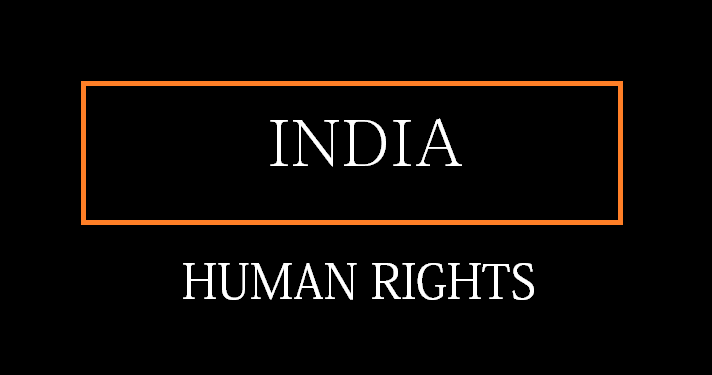
India has been dealing with a rising number of COVID-19 cases and other geopolitical issues. As a nation that houses 1.3 billion people who are dealing with their problems involving discrimination based on caste and social strata and several others, several members of the Indian community have expressed solidarity with the Black Lives Matter movement. Many international PhD scholars residing in the United States are trying to contribute to the movement in different ways. The fact that several people are expressing solidarity is a great thing, except that the grave internal issues are still being ignored.
The Black Lives Matter movement has shown how several individuals from across the world can come together and speak against the systemic discrimination faced by black people. This movement, if successful, will go down the annals of political history as one of the most remarkable, cohesive civil rights movements launched in the 21st century. The year 2020 has ushered a tremendous wave of uncertainty among all the people, and this movement triggers a sense of optimism in a setting where even the ‘audacity of hope’ seems far away. Perhaps, this movement could teach India something that it seems to have forgotten.
Several noteworthy protests were made following tragic incidents such as the suicide of Rohith Vermula, a brilliant individual who felt that he belonged somewhere among the stars. As the nation still grapples with the apparent suicide of another star, Sushant Singh Rajput, who was interested in understanding the outer space and read about quantum physics, issues about nepotism have come to the fore. Discrimination in several areas prevail in India and many dreamers like Vermula who wanted to become a “writer of science like Carl Sagan”, or even Rajput who was interested in sending many kids to NASA for workshops are no more among us.
As a nation that has been a cradle for knowledge and talent, it is deeply disturbing and disappointing that discrimination has been allowed to have a strong grip in Indian society till now. While there are several things that India can do better, it needs to try harder to give reasons to the truly gifted to thrive and not just survive. We cannot afford to lose another brilliant mind who would have helped India to soar higher. As the two stars rest somewhere where they always desired, I can only hope that we learn from the Black Lives Movement and contribute towards the elimination of discrimination on the basis of caste, social strata, gender, religion, and sexual orientation. Hoping is audacious, but I will go ahead and do that anyway.

